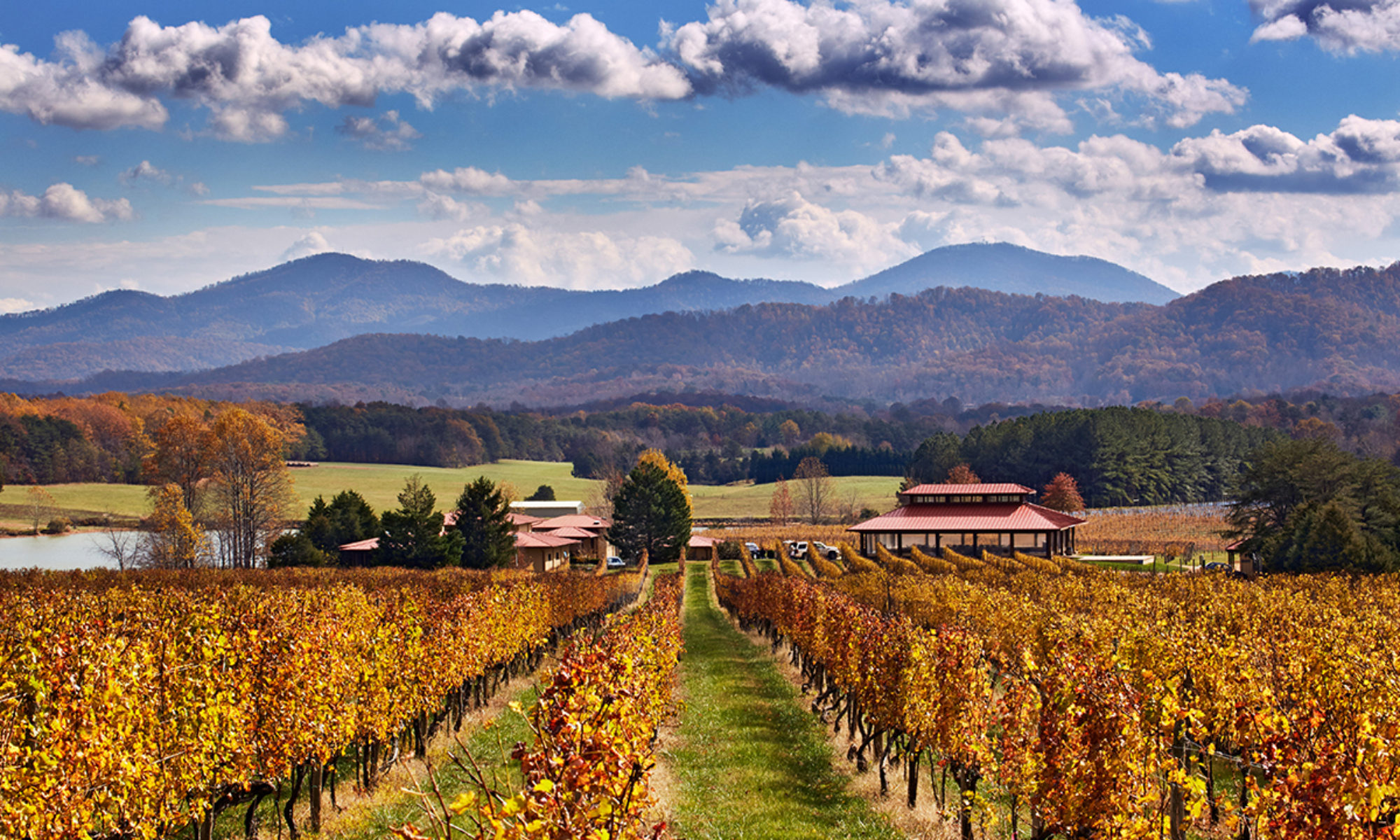Located in on Purcell Road in Lovettsville, Quartzwood Farm is a small, diversified farmstead that specializes in culinary fungi (mushrooms to many of us), and is small enough and new enough that it will not appear on many lists of wineries. Owners are Ben Sedlins and Sarah Searle. The property has several outcroppings of white quartz, from which the farm gets its name.
Wine. Tier III. Quartzwood‘s first offering from the vineyard is the unusual Noiret Methode Ancestrale (See below). Their own description follows: “Vinified as a dry, natural sparkling rosé, this Noiret brings beautiful saturated pink color pressed straight off the skins. On the nose, it offers red fruit and some unique spicy notes ranging from potpourri to black pepper, depending on the bottle you pop. On the palate, zingy acidity gives way to thirst quenching, brambly red raspberries and cream, finishing up with enough of that spice to keep things interesting.” The Chardonnay has now been joined by an “Ancestral Method” Vidal, and a Semi-Carbolic Tannat. The grapes are grown down the road in Lucketts, at Bella Luna Vineyard, where Ben formerly worked.
Setting. No tasting room as of now. Sales are online for the moment, though one can see if bottles are available while shopping at the farm for mushrooms.
Stories. Making Wine in Virginia: preparing for climate change. With each new set of models and projections, we see that the climate will warm more than we had predicted, and will do so faster. It is also very clear that climate change will have major impacts on vineyards and wineries across the world, and indeed is already doing so. Grape growers in England and Canada are thrilled, centuries-old Bordeaux winemakers see major trouble looming, while Burgundy and the Rhine may have a bit longer period of stability than other regions. Maps of the effects of climate change on different wine growing areas have become very popular. One of the first of these, produced in 2014 by Conservation International and the Environmental Defense Fund, indicated Virginia as being one of the areas whose viticulture might be most at risk. Recent studies have become somewhat more nuanced, including a widely-cited January 2020 study that outlined how a number of grapes might be much more resilient in a warming climate than others (Pinot Noir’s prospects don’t look good, but you may see plenty more Grenache and Mourverdre). This study found that 56% of the world’s wine growing areas, in a 2-degree warming scenario, may no longer be suitable by 2050 for growing the wine grapes they do today; but with adaptation to different grape types, 76% of these areas might continue to produce wine. Vineyards have other adaptation options as well: moving to higher ground, or to north-facing slopes, among others. Quartzwood is adapting from Day One. As stated on their website, “Virginia is getting hotter and wetter than ever, so why are you still drinking the same old Merlot that we won’t be able to grow in 20 years? Meet Noiret, your new favorite hybrid wine grape. Noiret is a cross between European and American grapes that holds great promise as a resilient, sustainable variety that also makes delicious wine.” It’s not time to give on Virginia wine, any time soon, but it’s already time to look for changes in the vineyards and the wines. Adapt we must.
